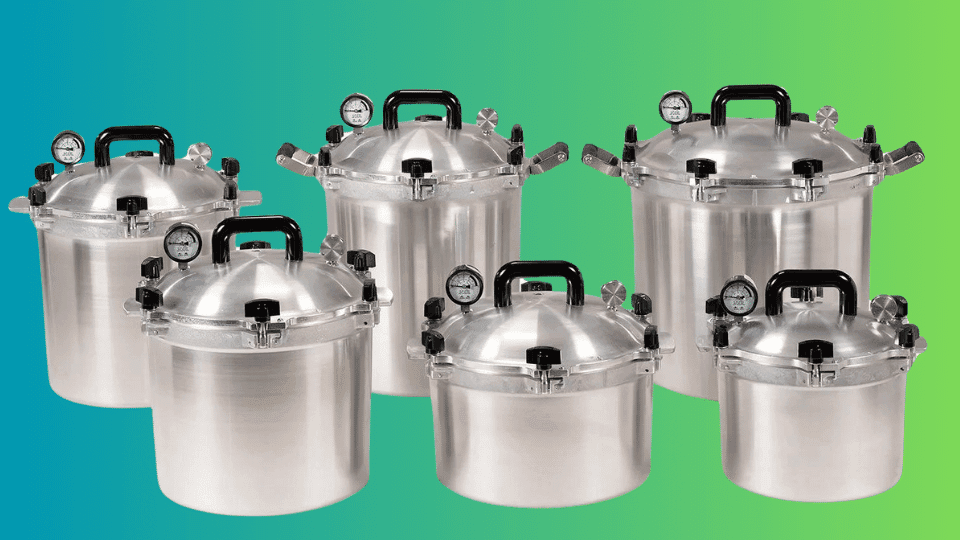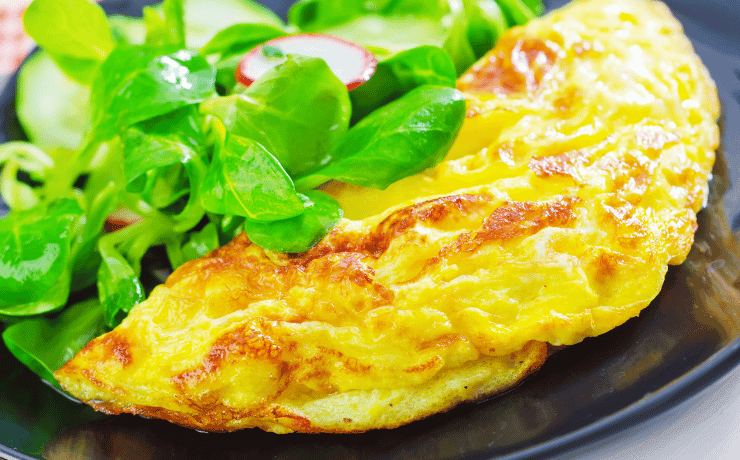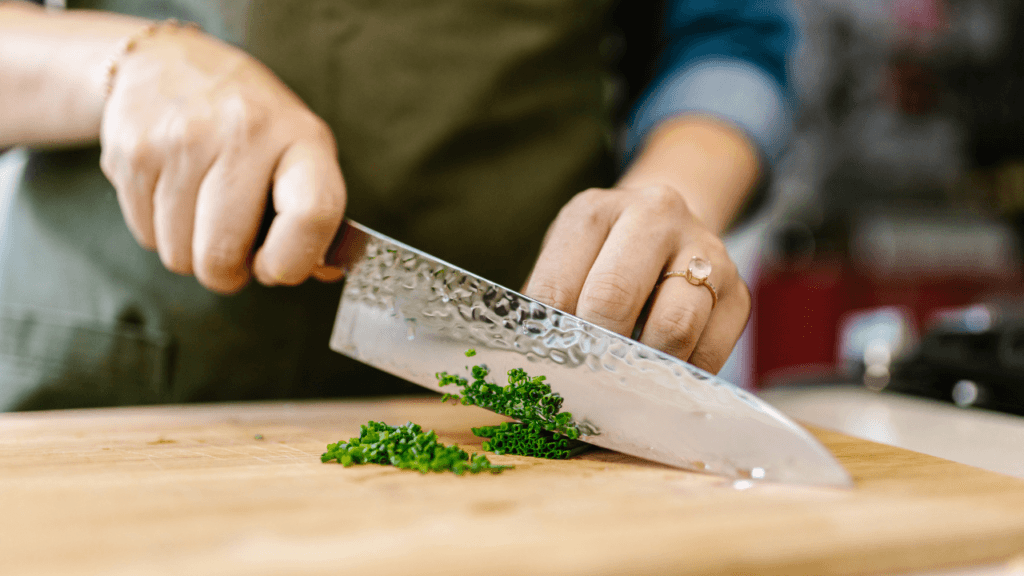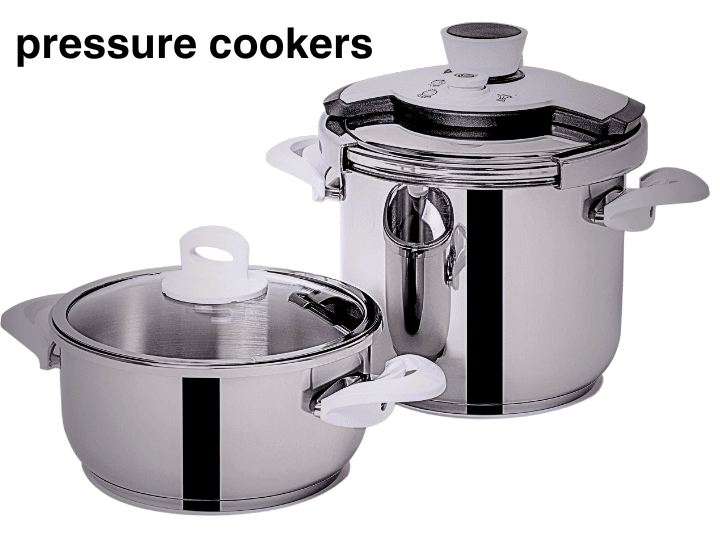Welcome to our ultimate guide to choosing the best pressure canner for your home canning needs! Pressure canning is a popular method for preserving foods safely and effectively, but selecting the right pressure canner can be overwhelming with so many options available. In this comprehensive guide, we’ll walk you through everything you need to know to make an informed decision and find the perfect pressure canner for your home.
Contents
Understanding Pressure Canning
Before diving into the specifics of pressure canners, let’s first understand the pressure canning process. Pressure canning involves using heat and pressure to safely preserve low-acid foods such as vegetables, meats, and soups in airtight jars. Unlike water bath canning, which is suitable for high-acid foods like fruits and pickles, pressure canning ensures that harmful bacteria are destroyed, preventing spoilage and foodborne illness.
Types of Pressure Canners
Pressure canners come in various types, including stovetop pressure canners, electric pressure canners, and dual-function pressure canners. Stovetop pressure canners are the traditional option, while electric pressure canners offer convenience with preset cooking programs. Dual-function pressure canners combine the benefits of both stovetop and electric models, providing versatility for different cooking preferences.
Capacity and Size

One of the most critical factors to consider when choosing a pressure canner is its capacity. Determine the appropriate size based on your canning needs and the quantity of food you plan to preserve. Pressure canners come in various capacities, ranging from small models suitable for beginners to large models for bulk canning.
Material and Construction
Pressure canners are typically made of aluminum or stainless steel. Aluminum canners are lightweight and conduct heat well, but they may react with acidic foods and corrode over time. Stainless steel canners are more durable and resistant to corrosion, making them a popular choice for long-term use. Consider the material and construction quality when selecting a pressure canner for your home.
Safety Features
Safety is paramount when it comes to pressure canning, so it’s essential to choose a canner with reliable safety features. Look for features such as pressure release valves, locking mechanisms, and pressure indicators to ensure safe operation. Additionally, opt for models with built-in safety measures to prevent accidents and mishaps during canning.
Pressure Regulation
Accurate pressure regulation is crucial for successful pressure canning. Choose a pressure canner with precise pressure settings and reliable pressure regulation mechanisms. Dial gauges provide accurate pressure readings, while weighted gauges automatically regulate pressure without the need for constant monitoring. Consider your preferences and cooking style when selecting a canner with the right pressure regulation system.
Additional Features
In addition to basic features, consider additional features that enhance usability and convenience. Look for pressure canners with venting options, built-in gauges, and pressure release mechanisms for ease of use. Some models may also include accessories such as racks, canning guides, and recipe books to support your canning endeavors.
Budget Considerations
Determine your budget range before shopping for a pressure canner. Prices can vary significantly depending on the brand, size, and features of the canner. While investing in a high-quality canner is essential for safe and efficient canning, there are options available for every budget. Consider your long-term canning needs and find the best value for your money.
Reviews and Recommendations
Research pressure canners from reputable brands and read customer reviews to gather insights into performance, durability, and user satisfaction. Seek recommendations from experienced canners or online communities to find trusted options that meet your needs and preferences.
Maintenance and Care
Proper maintenance is key to prolonging the life of your pressure canner. Follow the manufacturer’s instructions for cleaning and maintenance to ensure safe and reliable operation. Regularly inspect the canner for signs of wear and tear, and address any issues promptly. Consider factors such as warranty coverage and customer support when selecting a pressure canner for your home.
Choosing the best pressure canner for home canning requires careful consideration of various factors, including type, capacity, material, safety features, and budget. By following the guidelines outlined in this guide and considering your individual needs and preferences, you can select a pressure canner that meets your canning goals and provides years of reliable service.
FAQs About Choosing the Best Pressure Canner
What’s the difference between a pressure canner and a pressure cooker?
While both pressure canners and pressure cookers use pressure to cook food quickly, pressure canners are specifically designed for canning low-acid foods, while pressure cookers are used for general cooking purposes.
Do I need a pressure canner if I already have a water bath canner?
Water bath canners are suitable for high-acid foods like fruits and pickles, but a pressure canner is necessary for safely canning low-acid foods like vegetables, meats, and soups to prevent spoilage and foodborne illness.
Can I use a pressure canner on a glass cooktop?
It’s essential to check the manufacturer’s guidelines and your cooktop’s specifications to ensure compatibility. Some pressure canners may not be suitable for use on glass cooktops due to weight and heat distribution concerns.
How long does a pressure canner last?
The lifespan of a pressure canner depends on factors such as material, construction quality, and maintenance. With proper care and maintenance, a high-quality pressure canner can last for many years of reliable use.
Can I can acidic foods like tomatoes in a pressure canner?
While pressure canners are primarily used for canning low-acid foods, they can also be used for canning acidic foods like tomatoes. However, water bath canning is typically recommended for high-acid foods due to safety and quality considerations.
By addressing these frequently asked questions, readers can gain additional insights into choosing the best pressure canner for their home canning needs.



